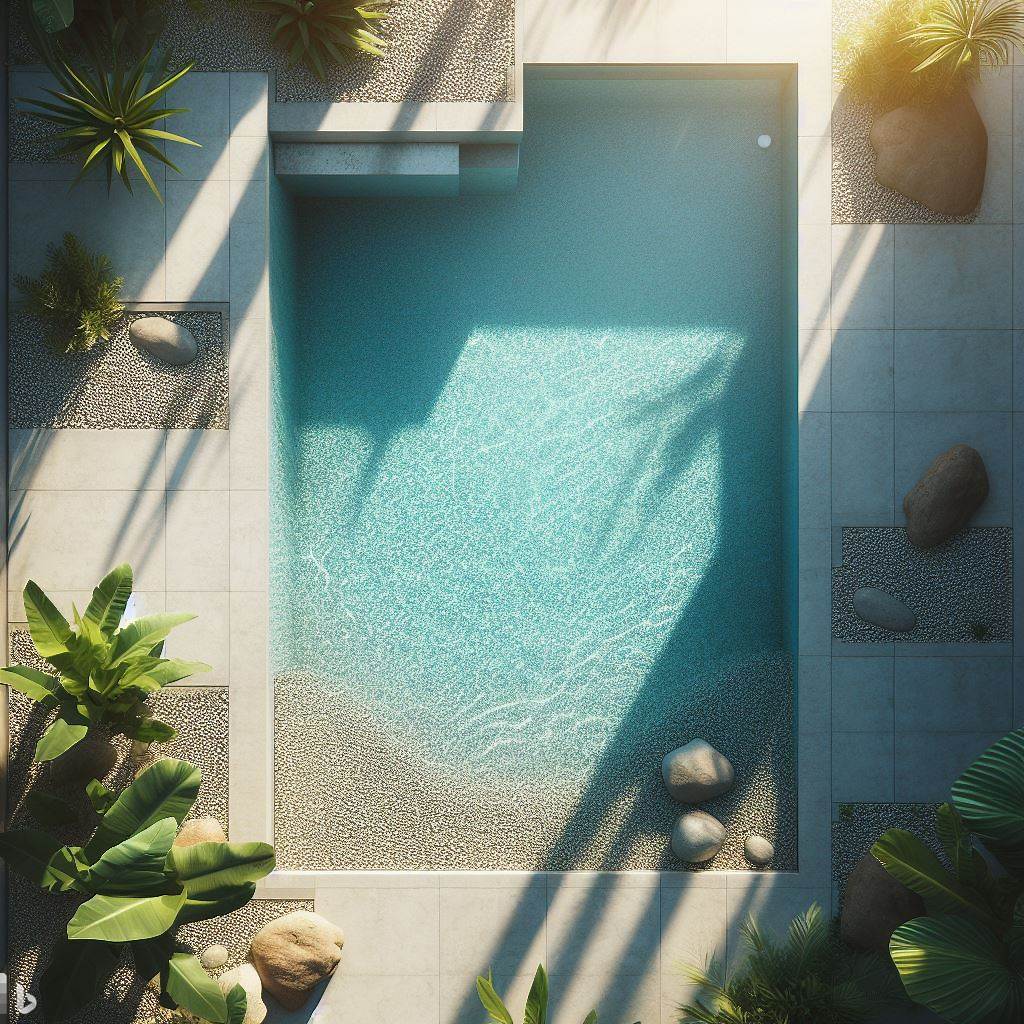The unpleasant smell of chlorine in swimming pools raises concerns about water safety. What is it about this pool that makes it both cool and smelly? First of all, we must understand that the primary function of adding chlorine to the swimming pool is sterilization, killing germs in the water and ensuring the health of swimmers. However, due to the large amount of chlorine added, it easily reacts chemically with the organic matter in the water, resulting in an unpleasant taste.

In the following article, we will delve into why this strong odor occurs and how to effectively slow down the production of pungent chlorine odor, providing swimmers with a more pleasant swimming environment. With sound explanations and practical advice, we’ll help you better understand the causes of pungent chlorine odor in your swimming pool and find solutions.
- There is too much combined residual chlorine remaining in the water (>0.4 ppm):
In swimming pool water, if the residual chlorine content is greater than 0.4 ppm, it will cause a strong chlorine smell. Combined residual chlorine is a substance generated by the interaction between chlorine-containing disinfectants and organic pollutants. Its presence in large amounts can cause odors. To solve this problem, we must ensure the use of appropriate chlorine-containing disinfectants, monitor them regularly, and adjust the dosage in a timely manner to ensure that the combined chlorine is within a reasonable range.
- Poor indoor air circulation and high temperature result in high air humidity:
In an indoor swimming pool, if the air circulation is not smooth and the water temperature is too high, air humidity will increase, and the odor will not easily dissipate quickly. Therefore, effectively controlling the air circulation in the room and properly regulating the air can alleviate this pungent chlorine smell. By improving air circulation and regulating water temperature, we can effectively reduce moisture in the air, thereby reducing the unpleasant chlorine smell.
- Due to the lack of stimulation from the superchlorine water activator, the oxidation performance of chlorine-containing disinfectants decreases:
Due to the reduced oxidation of chlorine disinfectants, a pungent chlorine smell will occur. In this case, using a superchlorine water quality activator is a feasible way. These activators help improve the oxidizing properties of chlorine, promote the oxidative decomposition of organic substances, and reduce the emission of odors. Contrary to some misunderstandings in the industry, adding a certain amount of chlorine-containing disinfectants to water can effectively maintain the vitality of the water body, reduce combined chlorine residues, and thereby inhibit the generation of odors.
- Presence of microorganisms:
In swimming pools, algae, bacteria, and other microorganisms can also react with chlorine to produce unpleasant odors. Regular disinfection, cleaning, and maintenance of the swimming pool can effectively prevent bacterial growth and reduce odor.
On the premise of ensuring the cleanliness of the swimming pool water, reducing the pungent chlorine smell is an important step in maintaining the swimming environment. Through careful management and scientific operational methods, swimmers can enjoy a more pleasant swimming experience and make summer swimming more relaxed. Hopefully, through the discussion in this article, we can better understand and solve the problem of pungent chlorine odor in swimming pools.

 Instant
Quote
Instant
Quote Email
Us
Email
Us